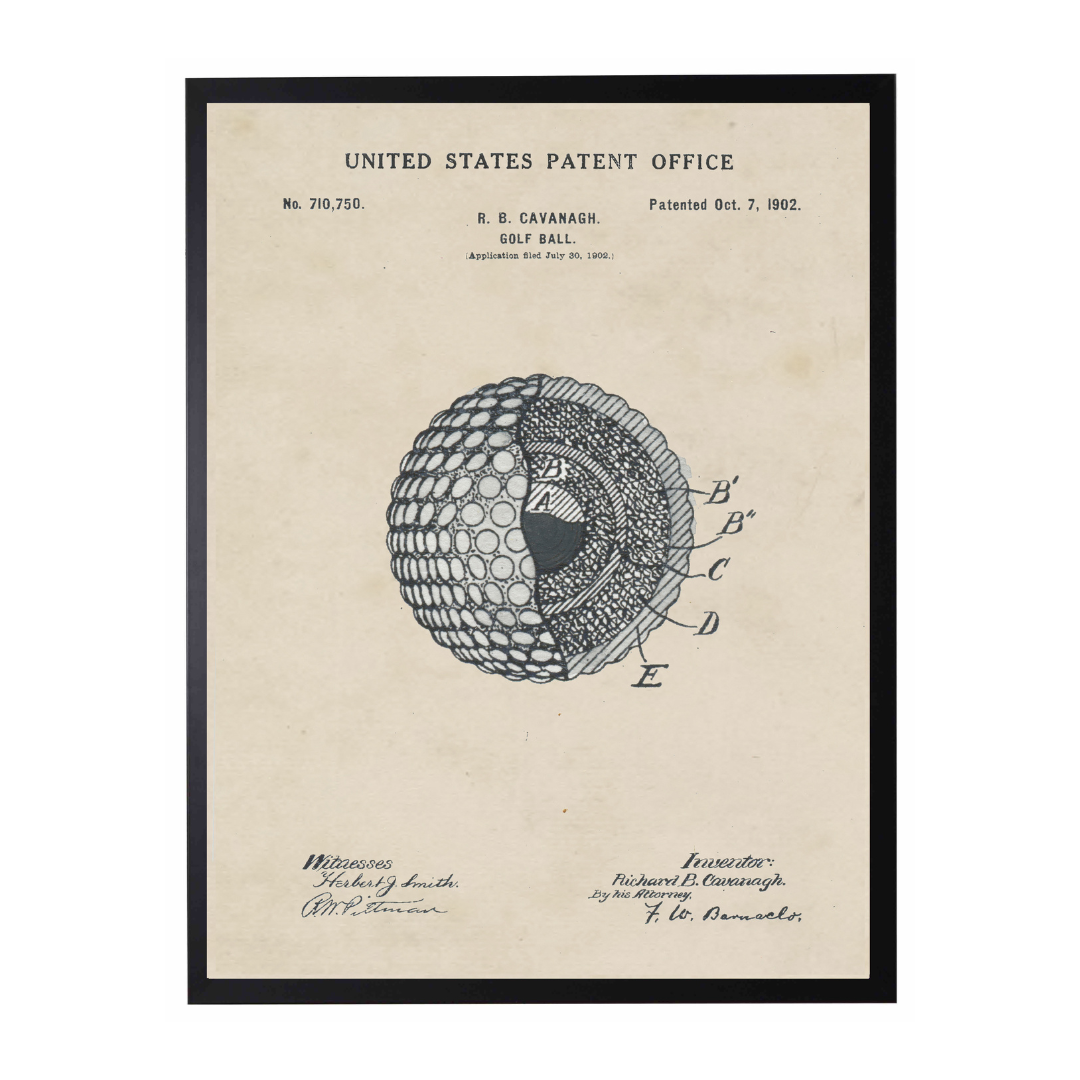Patent Stories
History of the Flute Patent
As the oldest instrument in the world, the flute has undergone a significant transformation to become one of the forefront modern instruments
Learn moreHistory of the Football Patent
Football has been a beloved pastime for centuries, but where did it all begin? Discover how the simple games of rugby and soccer evolved into the beloved sport of football we know today
Learn moreHistory of the Guitar Pickup
From its invention in the 1930s to its explosion in popularity in the 1960s and beyond, the electric guitar has become a mainstay of modern music
Learn moreHistory of the Fishing Tackle Box Patent
From a humble wooden toolbox to the modern plastic tackle box, the history of the tackle box is a fascinating journey of fishing innovation
Learn moreHistory of the Ferris Wheel Patent
The ferris wheel was initially designed to rival one of the most iconic structures and has become a signal of societal progress in many cities
Learn moreHistory of the Electric Guitar Patent
The electric guitar was developed in the early 1900s and has become one of the most important instruments in contemporary music. Paul Tutmarc is rumored to have invented the first electrified guitar. His design was inspired by the telephone, which used magnets to create sound vibrations. Tutmarc began building on a Hawaiian guitar, creating a magnetic pickup out of horseshoe magnets and wire coils that registered the vibration of a guitar’s strings. George Beauchamp and John Dopyera began experimenting with electromagnetic pickups around the same time as Tutmarc. Soon after getting the pickup to work, Beauchamp had a craftsman make a guitar. The guitar was nicknamed the “frying pan” and is largely credited as being the first purpose built electric guitar. Beauchamp took the prototype to Adolph Rickenbacker and they went on to form a company and produce the first mass manufactured electric guitars - called Rickenbackers. Soon after, the “Spanish-style” electric guitar was built. This style had some flaws - namely feedback and distortion due to the guitar design - that led Les Paul to design the solid body electric guitar in 1940. Paul decided to mount the strings and pickup to a single block of wood - as opposed to previous hollow designs - to minimize body vibrations. Les Paul brought a prototype to Gibson in 1946, but Gibson was skeptical and passed on the innovative design. Leo Fender, however, understood the importance of the innovation and, in 1949, started selling the “Esquire.” A couple years later, Gibson finally produced his own solid-body guitar, called the “Les Paul.” In 1955, riding on the wave of interest in pickups and solid body guitars, Theodore McCarty of Kalamazoo, Michigan filed a patent for a bridge design. McCarty invented an adjustable bridge that could be changed according to different playing styles. McCarty’s patent, credited to Gibson, expired in 1972 as electric guitars continued to flourish. Check out the patent
Learn moreHistory of the Fishing Lure Patent
While we don’t still use animal bones as lures, fishing tackle has scarcely changed in the past 4000 years
Learn moreHistory of the Compact Camera Patent
Forget the space race, the real nationalist battle was over the first photograph
Learn moreHistory of the Dominos Patent
It took over 600 years for this game to reach the US from China
Learn more








